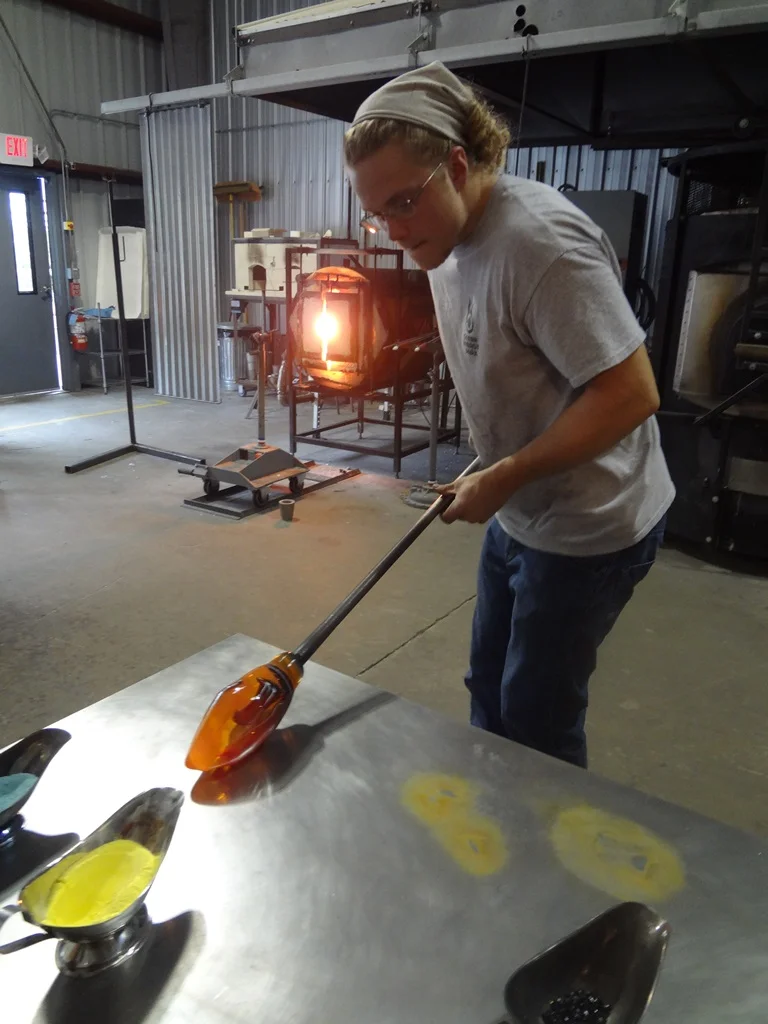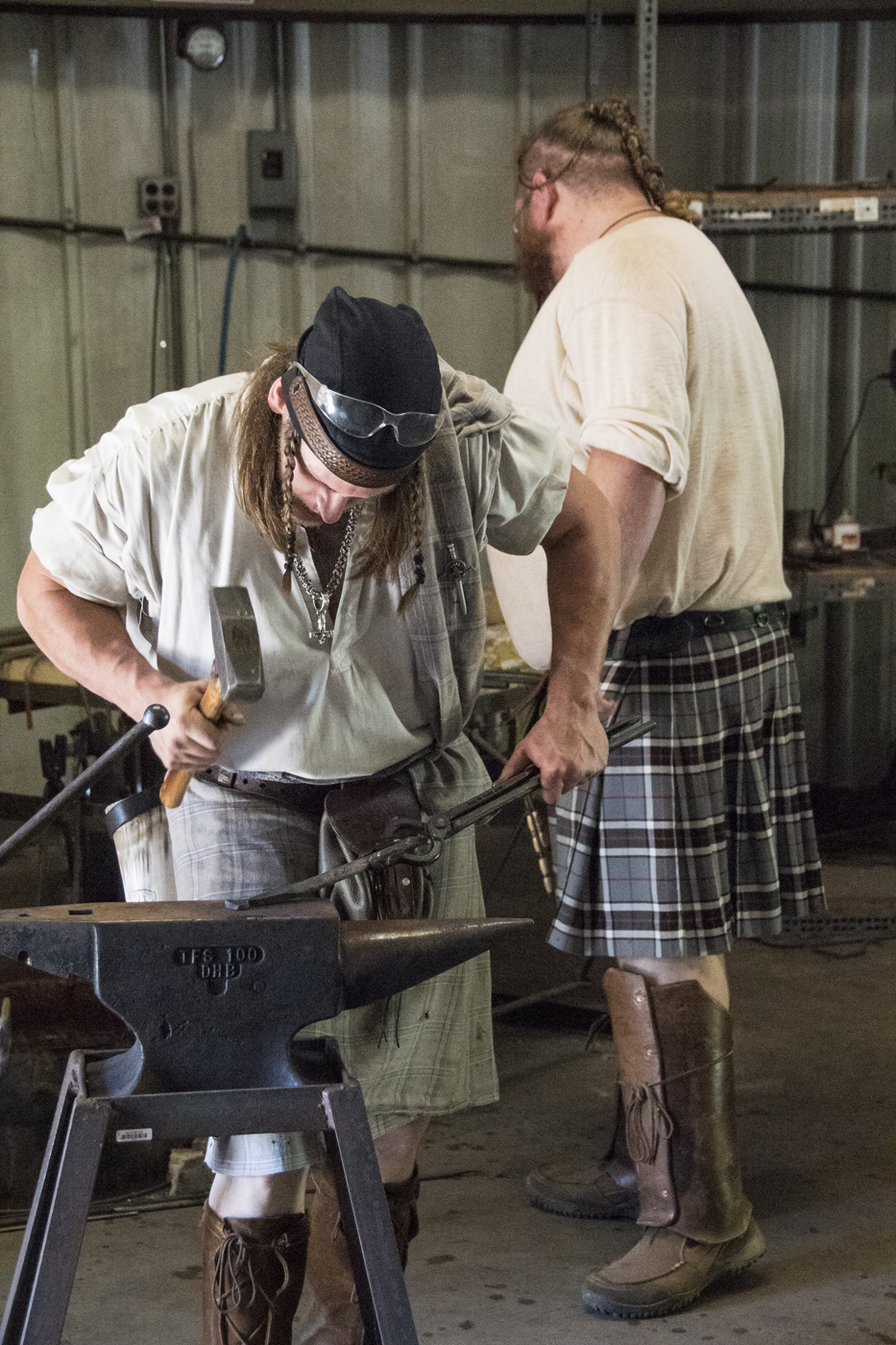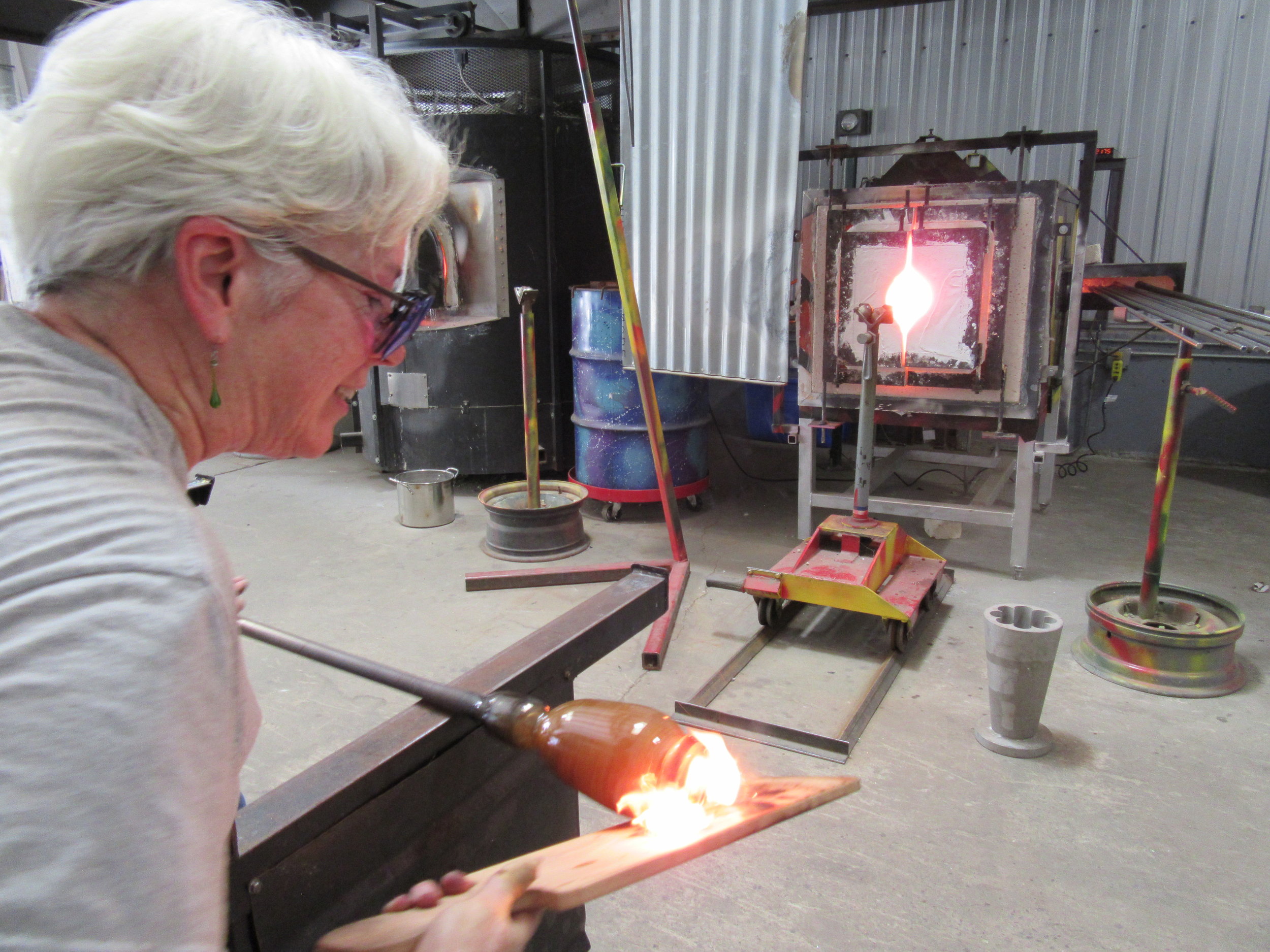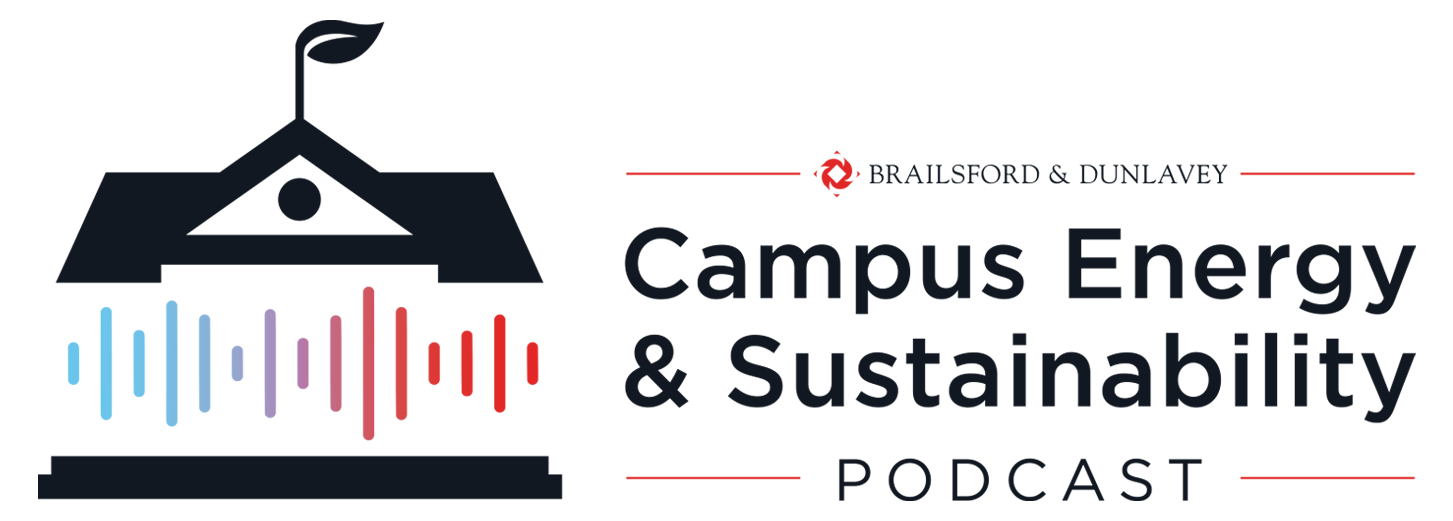Episode 22: Renewable Fuels Drive Education and an Artistic Revolution in Jackson County
Timm Muth, Director of the Jackson County Green Energy Park
Guests:
Timm Muth
Director, Jackson County Green Energy Park
Dillsboro, North Carolina
Host: Sarah Barr
The University of North Carolina at Chapel Hill
In this episode, we’ll travel to rural Dillsboro, North Carolina nestled in the southern Appalachian Mountains, where a small county landfill and a passionate engineer are transforming the community’s perspective on waste. They’re using methane to power the Jackson County Green Energy Park, an arts facility offering glassblowing, metalworking, and ceramics classes and studio spaces. From reducing greenhouse gas emissions, to revitalizing heritage arts and stimulating tourism, to offering educational opportunities for children, college students, and even retirees, the Jackson County Green Energy Park is truly a centerpiece of its community. Join myself and guest Timm Muth this episode as we explore a variety of ways small communities and college campuses can make the most their waste resources, simultaneously achieving environmental, educational, and social equity goals.



Resources:
Timm Muth: tmuth@jacksonnc.org
Jackson County Green Energy Park: https://www.jcgep.org/
University of Wisconsin Oshkosh Biogas Systems: https://uwosh.edu/biogas/
EPA’s Landfill Methane Outreach Program (LMOP): https://www.epa.gov/lmop
Episode Transcript:
The following is an automated transcription of this episode which will include errors and omissions. You can listen and follow along with the text here:https://otter.ai/s/lF5E6n6MRk660vqx4NPOWA
You can find a text-only version of the transcript here:





